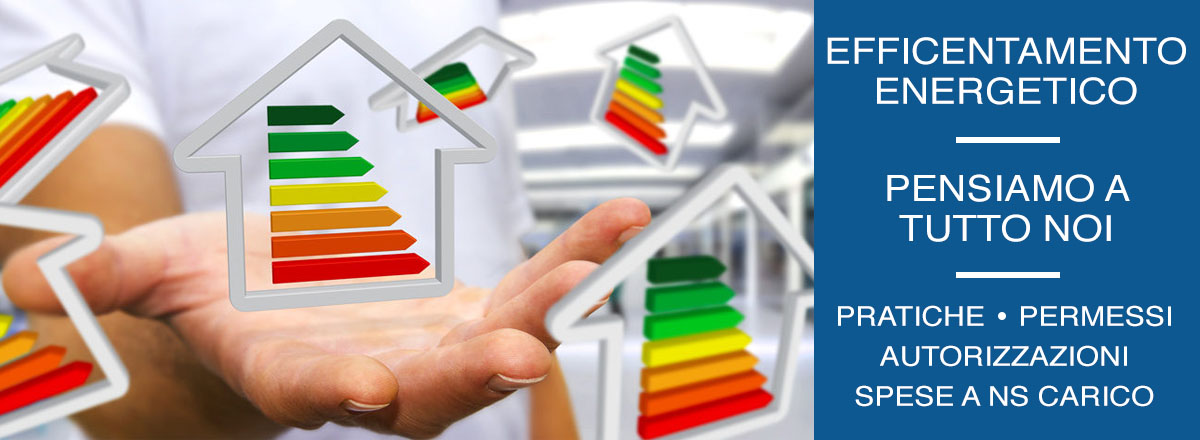
Energy efficiency is a set of operations that can concern public, private buildings, business complexes and activities and that allow to contain energy consumption, optimizing the relationship between energy needs (light and gas) and the level of emissions: this is in other words, of a set of practices that allow to exploit energy sources in an optimal way. For this type of interventions, set as objectives by European regulations, the Italian law provides some incentives and tax relief: let's see what it is.
Energy efficiency and savings
Although at first glance we can think of synonyms, there is no perfect coincidence between energy saving and efficiency. In particular, energy saving measures a reduction in energy that is consumed, through the implementation of interventions that remove factors that affect energy consumption. In other words, these are interventions that make it possible to reduce consumption levels, cutting waste and optimizing the use of sources of supply and use of energy. For example, energy saving measures are those that aim at a better thermal insulation of buildings (insulation, renovation of fixtures, and so on), or the adoption of virtuous practices such as the shorter period of ignition of the systems or the use within certain time slots for household appliances, and so on. These activities may not coincide with an improvement in energy efficiency (the so-called energy efficiency), since the latter measures the relationship between energy input and yield in terms of production (of services or goods in the case of industrial activities) or consumption (and therefore, emissions, in the case of private / residential activities). In other words, efficiency improvement aims to achieve the same result, in terms of production or human needs, with lower levels of consumption: in this case, therefore, the goal is not a lower use of energy, but a better allocation of it. . Moreover, better consumption also leads to energy savings, both in terms of costs (since it translates into lower consumption) and at the environmental level (because lower polluting emissions are obtained).
Energy efficiency interventions
Since it is a relationship between consumption and performance, energy efficiency can be expressed with percentages or with classes (the famous energy classes of a building or system), so as to identify the levels of energy efficiency for a home or for a 'productive activity. To obtain the best energy efficiency, some interventions are necessary that make it possible not to reduce performance (obtaining, for example, the same amount of heat in the case of gas consumption for heating) in the face of a more reduced energy consumption. Interventions of this type may include insulation works on walls, roofs or fixtures, or the installation of solar panels or other systems that make it possible to produce or consume renewable sources or replace those present (such as air conditioning systems, boilers and other equipment) with others that have a higher level of efficiency. Among the most common installations for energy efficiency there may be the installation of heat pumps or solar collectors or the replacement of classic light bulbs with low consumption lighting sources, such as LEDs, fireplaces instead of radiators, and so on..
Incentives for energy efficiency
For the execution of these interventions and to promote energy efficiency, the Ministry of Economic Development provides for the recognition of some incentives, which can go in the form of tax deductions or other. In particular, as regards tax deductions, the law recognizes a discount that can reach up to 75% on the taxes due for the energy requalification of buildings. Another tool with which energy efficiency is encouraged is the recognition of the Thermal Account, aimed at public administrations, companies and individuals, which allows to promote energy efficiency by favoring the production of renewable sources. Finally, with the White Certificates system, bonuses are identified for electricity and natural gas production and distribution companies that have achieved certain energy saving objectives..
Enpower bears ALL the expenses and here too, as in the Ecobonus 110%, accepts the credit transfer





